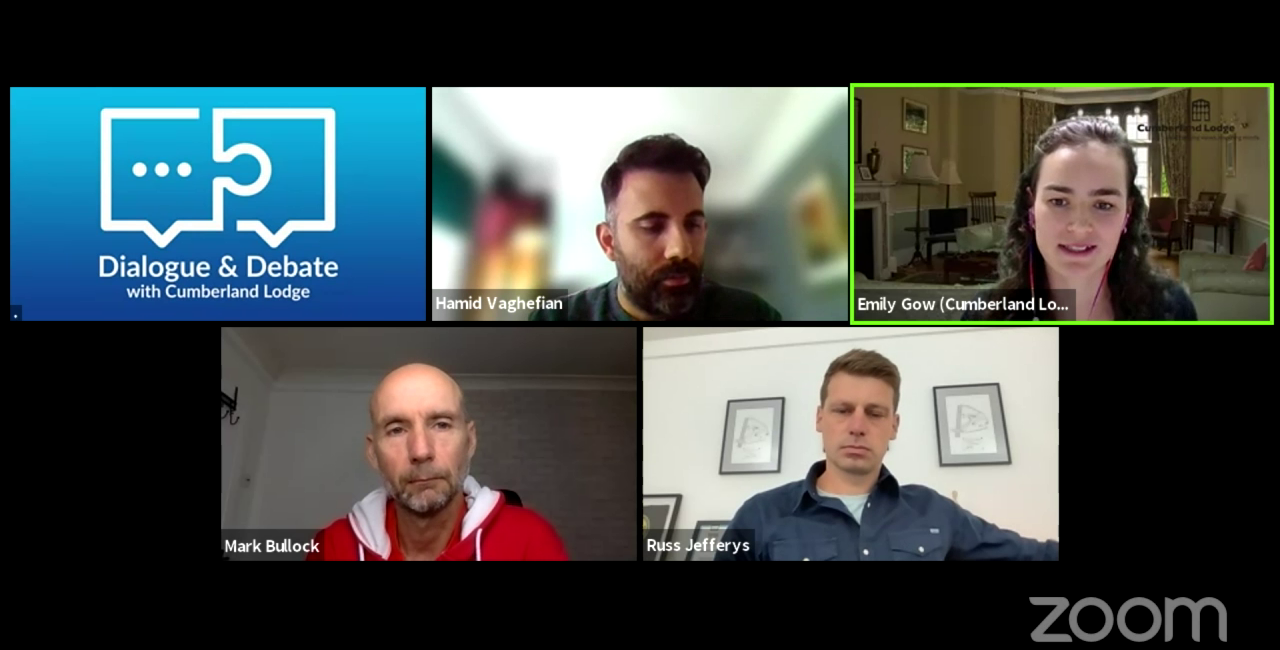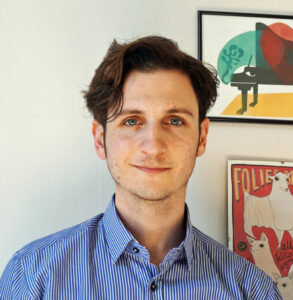On 1 September 2021, Cumberland Lodge hosted a Dialogue & Debate webinar on the social impact of sport.
This summer, many people enjoyed the ‘return’ of sport as pandemic restrictions have eased, with The Euros, the Olympic and Paralympic Games, and Emma Radacanu’s shock win at the US Open in tennis playing a key role in bringing sport to the public’s attention, worldwide.
The inspiring Olympic motto has rung proud and often: citius, altius, fortius, which means ‘faster, higher, stronger’. Yet, interesting questions arise from this motto: can these powerful words, seen by billions of people, be harnessed for social cohesion and vitality, and if so, how? Can sport also cause division and social challenges, and what can be done to address that? These questions laid the foundation for this discussion.
This Dialogue & Debate webinar was hosted by Cumberland Lodge Programme Officer, Emily Gow. The panel that took on the challenge of these multifaceted questions are all active in the general area of inclusive sport. They were:
- Mark Bullock – Coach for Paralympic/disability sport,
- Russ Jefferys – Head of Communications at Parkrun
- Hamid Vaghefian – Head of Community Engagement, London Marathon Events; Trustee, the Running Charity and Young Harrow Foundation; Non-Executive Director at the Sport and Recreation Alliance.
Cathy Long, Head of Policy and Partnerships at Women in Sport, was also set to join but sadly had to send her apologies on the day.
What important social values can be taught by sport?
As the social impact of sport is a vast subject, the dialogue started with the simple question: which social values can sport help to inculcate? The panel shared their ideas, such as respect, cross-cultural understanding and collaboration, emphasising the multifaceted role sport can play, be it competitive or for leisure, for adults or children, elite or grassroots. Each of the speakers brought a different perspective and represented a different area of expertise within sport.
What was really interesting was that all the speakers shared personal experiences of successfully widening people’s horizons through sport and encouraging co-operation between people from different backgrounds. For instance, Mark pointed out that sport breaks down barriers to social interaction. Hamid demonstrated how sport exposes us to people from different walks of life and allows them to develop newfound respect for others. Russ added that sport can teach us about the importance of ‘turning up’: in other words, taking on responsibility in sport helps people to develop values for life, such as loyalty and discipline, and transferable skills such as communication and goal orientation.
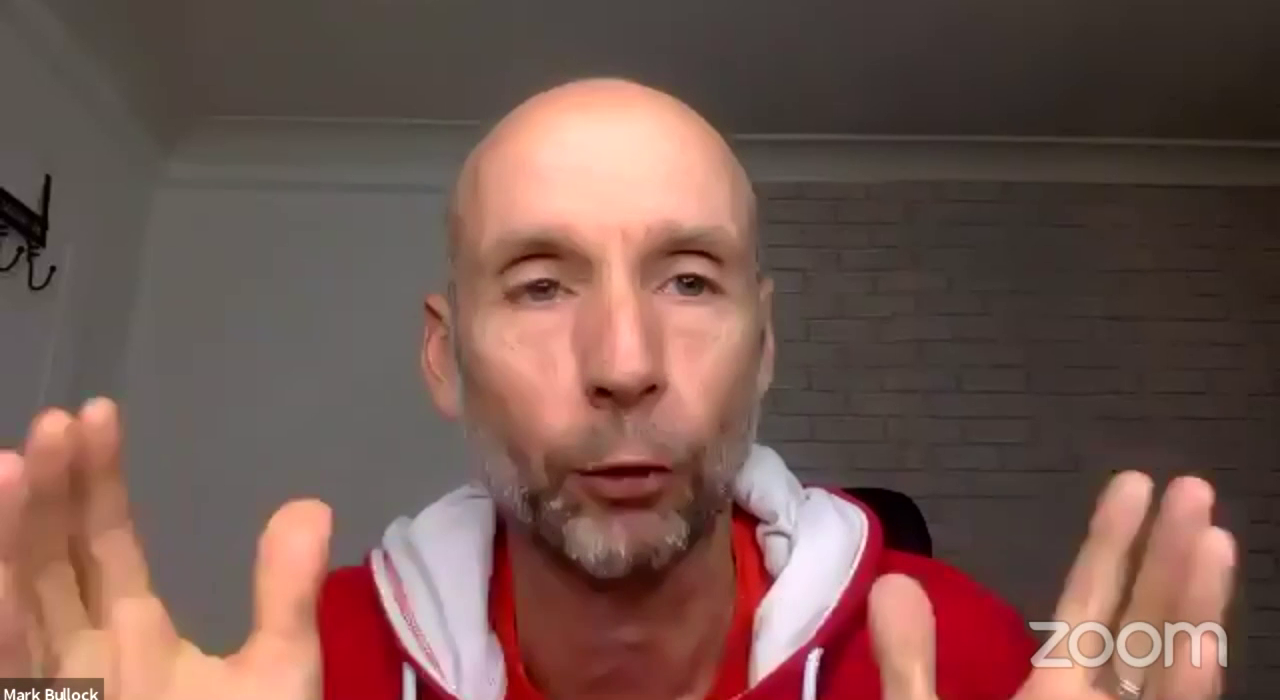
Inequality in sport?
As sport takes a myriad of forms, there are bound to be difficulties that arise. Sport communities tend to develop organically, and they often grow ‘taller rather than wider’; in other words, the social bonds within a group become ever stronger and more complex, which ultimately puts off others from participating. This can build a wall between those who are already engaged in the sport and those who feel excluded from it, thus exacerbating inequalities and leaving a great obstacle to climb for sport to be inclusive and to facilitate social change.
The reasons for this effect vary greatly, and each of our speakers referred to examples from their own experience, as detailed below. They also explored how to avoid this division arising in the future.
Hamid identified that a paradox in mass participation running events is that they do not always engage with the very communities they pass through. The issue here is that running communities descend en masse into areas but have very little engagement with the people who live there. Thus, there is little interaction or exchange between local residents and the sport community hosting the event.
To counter situations like these, Hamid suggested that event organisers could take extra care and attention to reach out to host communities and build bridges with them. The goal would be to cultivate a feeling of belonging and involvement, and to make the event something for everyone to be proud of.
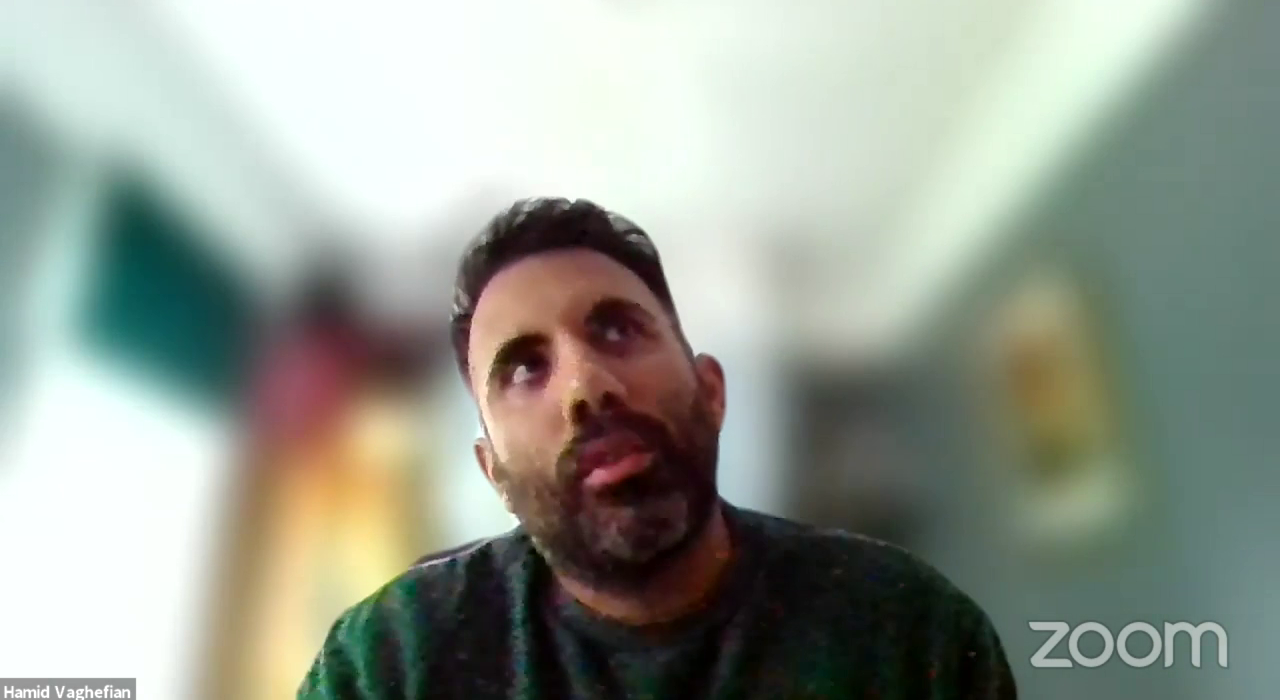
The panel also identified a lack of diversity in many sporting events. The demographics of partakers are often monotonous; well-off, White people. Furthermore, as Russ explained, the pandemic and numerous lockdowns have exacerbated existing socio-economic inequalities around access to sport.
The toolbox for rectifying this lack in diversity must be focused on measures that engage specific, more marginalised communities. However, there are practical economic constraints that muddy the waters: things like high equipment costs associated with some sports, such as cycling, present further barriers to inclusion. These kinds of issue cannot be fully dealt with locally, but necessitate grander schemes, and some of the ideas panellists shared included:
- Libraries of sports equipment that people can borrow from in order to try out new sports
- Sporting events designed to empower specific, under-represented communities to get involved
- Lowering the cost of events for participants on low incomes.
Other than cost and engagement, a lack of knowledge can also hamper engagement with sport. As Mark noted, from a parasport perspective, there is a lack of visibility for disability sports between the peaks of the Paralympic cycle every four years. Parasport, in particular, captures public attention at or around the time of the Paralympics, but wanes significantly until the next Games. Thus, a four-year vacuum of points of reference or inspiration to get involved in sport is created, which could be resolved by shifting focus to the numerous other events that take place between the Paralympic peaks.
This begs the question: should high-visibility sport really be our goal? And what is the ideal combination of performance focus and enjoyment focus for positive social impact? Where does the balance lie?
Performance and enjoyment
High-performance sport has much to offer from an engagement and wellbeing perspective; it brings inspiration, stories of perseverance and human strength. This does not always translate into positive social impact outside of sporting communities, however. The panellists, and especially Russ, highlighted the value of offering opportunities for more physical activity at grassroots level.
Russ noted that we, as a society, tend to consider sport only as a means for competition, where the only thing that is important is winning. The mentality of winning, however, is by no means the exclusive motivation for sport, and it can put people off getting involved in the first place. If we are to bind communities and society together, this mentality of winning as the be all and end all is essentially counter-productive, because it stops people working together collaboratively towards shared goals.
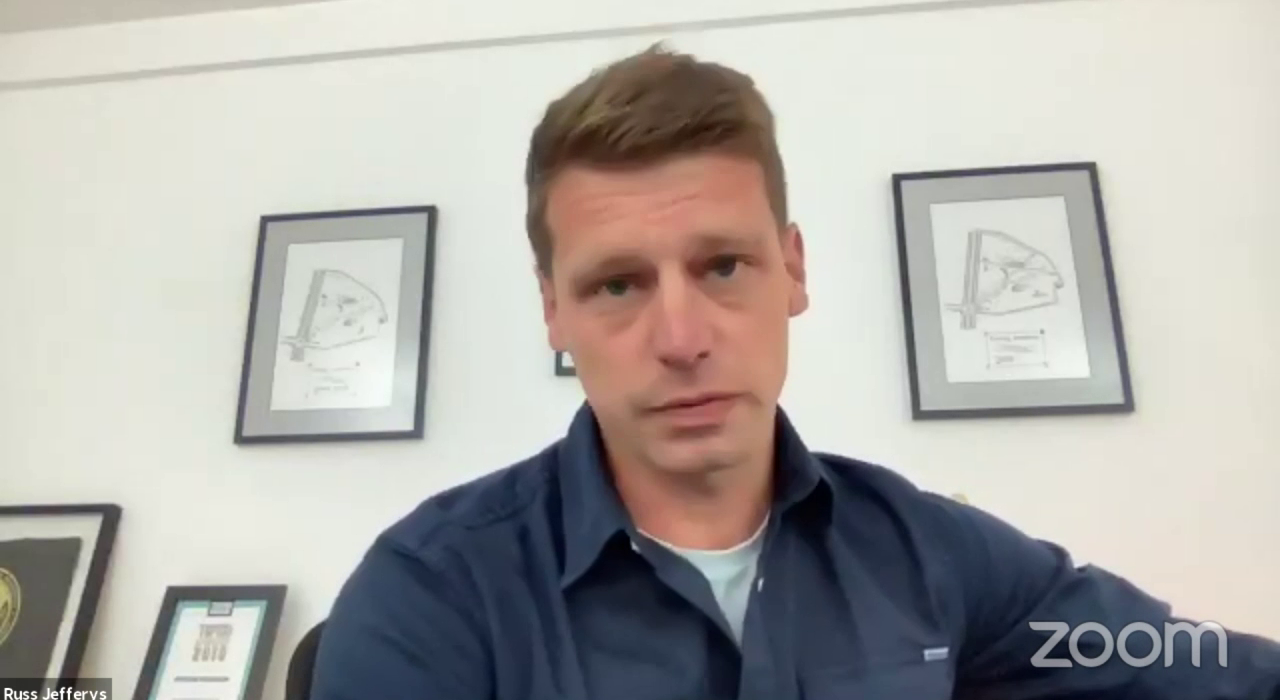
Personal reflection on the event
Sport is very important to me. I have dedicated a good part of my life to competitive road cycling and, so, it was eye-opening to hear from this expert panel about the power of sport to harness social impact. As a cyclist, there is often nothing nicer than riding up next to cyclists I have not met before and sharing a conversation. It is quite an endearing thought that a little interaction, like the chorus of cheerful chatter between people in sport can snowball into meaningful social change.
However, there are also many challenges to consider for achieving equality in sport, whether it be social, geographic or economic, or gaps in knowledge. Social impact and change do not happen without willful acts behind them: it takes persistence and patience. There is great scope to harness sport for the greater good, however: the challenges discussed above are just a hurdle to jump over on the road to make a better world.

